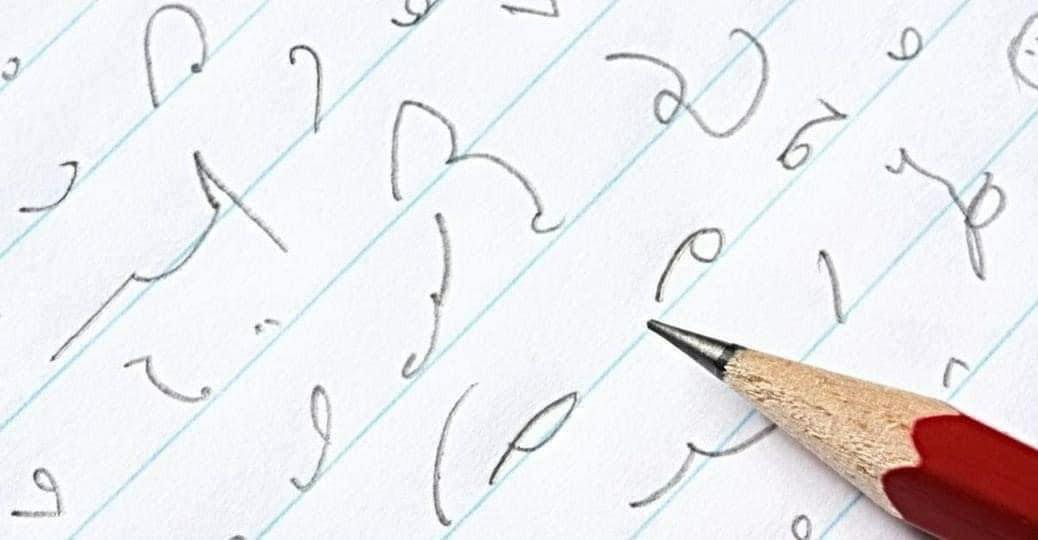This Strange Writing System Looks Like a Secret Code — But It Was Made for Speed

In a world full of speech-to-text apps and smart devices, jotting down notes has never been easier. But long before smartphones and laptops, people had to rely on a clever — and nearly unrecognizable — method to keep up with conversations in real time.
Welcome to the curious world of shorthand.
The Origins of Shorthand: A Language of Speed
Believe it or not, shorthand has ancient roots. The earliest form was used by the Greek historian Xenophon, and it became widespread during the Roman Empire. Back then, scribes needed a fast, efficient way to write while someone was speaking — and shorthand was the answer.
The Latin version stuck around for over a thousand years before fading in the Middle Ages.
Shorthand’s Comeback in the Victorian Era
The art of shorthand roared back to life during the Victorian Era, especially during the Reformation, when it was used to record Bible translations quickly. But it truly took off during the Industrial Revolution, when secretaries and stenographers were in high demand.
In 1837, Sir Isaac Pitman developed a faster, more refined version of shorthand. His system crossed the Atlantic in 1852 thanks to his brother, but in the U.S., it was eventually outpaced by a new method…
Enter Gregg Shorthand — America’s Favorite System
In 1888, John Robert Gregg introduced what he called Light-Line Phonography. Later known as Gregg Shorthand, it became the go-to note-taking tool for journalists, court reporters, and office professionals across the United States.
Unlike regular “long hand” writing, shorthand uses simplified symbols to represent sounds. Loops, slashes, and dots replace traditional letters — making it look more like a secret code or even Arabic script to the untrained eye.
How Fast Can You Write?
With practice, a person fluent in Gregg Shorthand could jot down up to 280 words per minute — faster than most people can type! While it’s no longer as common, shorthand is still taught and used in fields like law, medicine, and court reporting.
A Vanishing Art Worth Remembering
To some, shorthand is an outdated relic. To others, it’s a fascinating, underappreciated skill. Its strange, looping script may look like gibberish, but every stroke was designed with one goal: to capture human speech at lightning speed.
Have you ever tried shorthand — or do you know someone who has? Share your thoughts and help keep this amazing writing system alive!